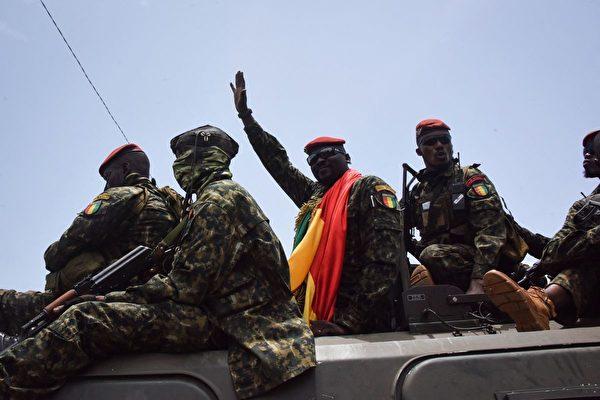News Analysis
The West African country of Guinea went through a military coup on Sept. 5 when Guinea’s special forces overthrew and detained President Alpha Condé and took over the country’s government.

The West African country of Guinea went through a military coup on Sept. 5 when Guinea’s special forces overthrew and detained President Alpha Condé and took over the country’s government.